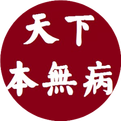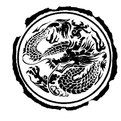Zhang Qingjun Teaches You How to Quickly Use a “Targeted” Inquiry Form for Accurate Diagnosis
Many traditional Chinese medicine (TCM) practitioners have their own inquiry checklists for diagnosing patients, which they send to patients during online consultations for completion. The doctor then determines the diagnosis based on the symptoms filled out by the patient along with the tongue diagnosis. However, the most practical and operationally effective inquiry form is that … Read more









